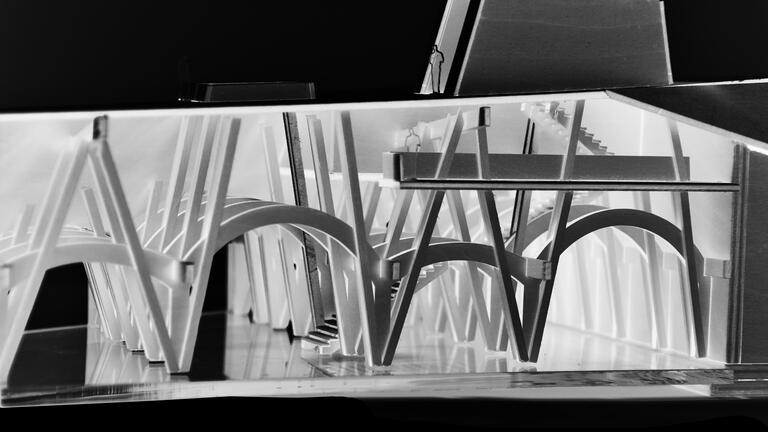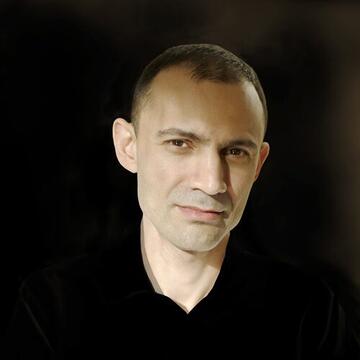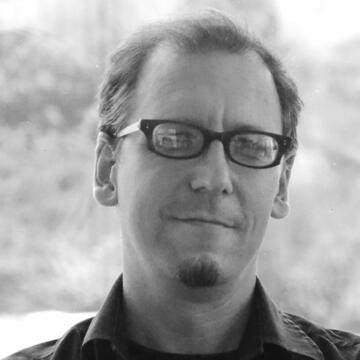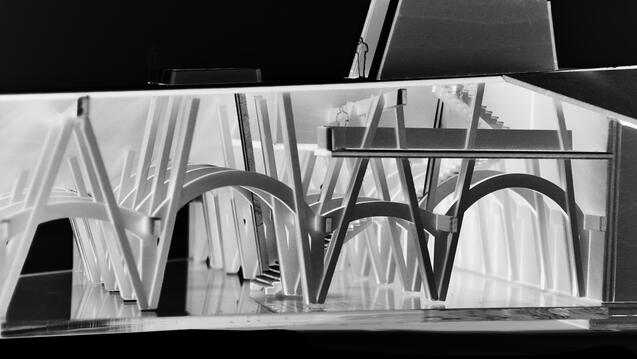M.Arch Praxis I: Transition Design
Praxis-1 unpacks architecture’s entanglements with extraction and capital to explore emergent models for transformative socio-ecological praxis using Just Transitions/ Transition Design as a prompt and theoretical underpinning. It considers architecture as a broad framework for Worldmaking across political, social, and ecological contexts to locate “praxis” in the context of architectural agency and design ethics.

Praxis-1 unpacks architecture’s entanglements with extraction and capital to explore emergent models for transformative socio-ecological praxis using Just Transitions/ Transition Design as a prompt and theoretical underpinning. It considers architecture as a broad framework for Worldmaking across political, social, and ecological contexts to locate “praxis” in the context of architectural agency and design ethics. The studio inquires what formal tools, devices, or operations might be used to promote new forms of architectural aesthetics that engender and make visible “Worldmaking as Praxis”, thereby challenging or even obliterating the schism between architecture’s formal autonomies and its capacity for emancipatory politics. The studio introduces a range of emergent, transformative, and critical modes of praxis that operate across scales and temporal dimensions, connecting formal, disciplinary questions to socio-ecological paradigms.
At the start of the semester students engage with a Pittsburgh community, forming connections with local neighborhood residents and organizations. Working collectively, the studio analyzes a range of potential sites, exploring their spatial, material, ecological, historic, and socio-economic context. This phase of the studio also engages in precedent research, examining a range of diverse projects across the globe that deploy architecture's agency to address social and ecological issues. Building on this research students then propose specific projects in the community that can employ worldmaking strategies such as; practices of construction that invert labor and material extraction considering circular thinking, urban waste, design for deconstruction; adaptive reuse that foregrounds the creative repurposing of existing buildings to acknowledge embodied and operational energy; forms of participatory politics considering architecture as a temporal device; and architectures of synanthropism that actively enhance urban and periurban biodiversity through hybrid assemblages of buildings, landscapes, and ecological habitats.
The studio deploys a “Design Primitive” to explore structural, tectonic, material and organizational systems. Students develop primitives through computational methods that are tested against a complex and layered understanding of the site and its multivalent contexts.
Drawing is used as both a vehicle and medium to exhaust these themes, using rich, layered, narratives to demonstrate the worldmaking capabilities of these projects. Feedback and iteration are an integral part of refining work, students and faculty frequently engage in critiques through the course of the semester.
Model making, both conceptual and detailed, is used as a tool for students to delve deeper into the physicality of these primitives with different materials at multiple scales. Throughout the semester, students continually construct and refine models to further develop prospective projects.
Instructors
Assistant Teaching Professor & M.Arch Track Chair
Associate Studio Professor
Related Courses
Praxis 2 continues to understand architecture as a modulator of complex cultural and historical flows, but aims to do so by intensively exploring, evaluating, and expanding the role that tectonic cultures and their associated modes of architectural expression play in shaping our world.


